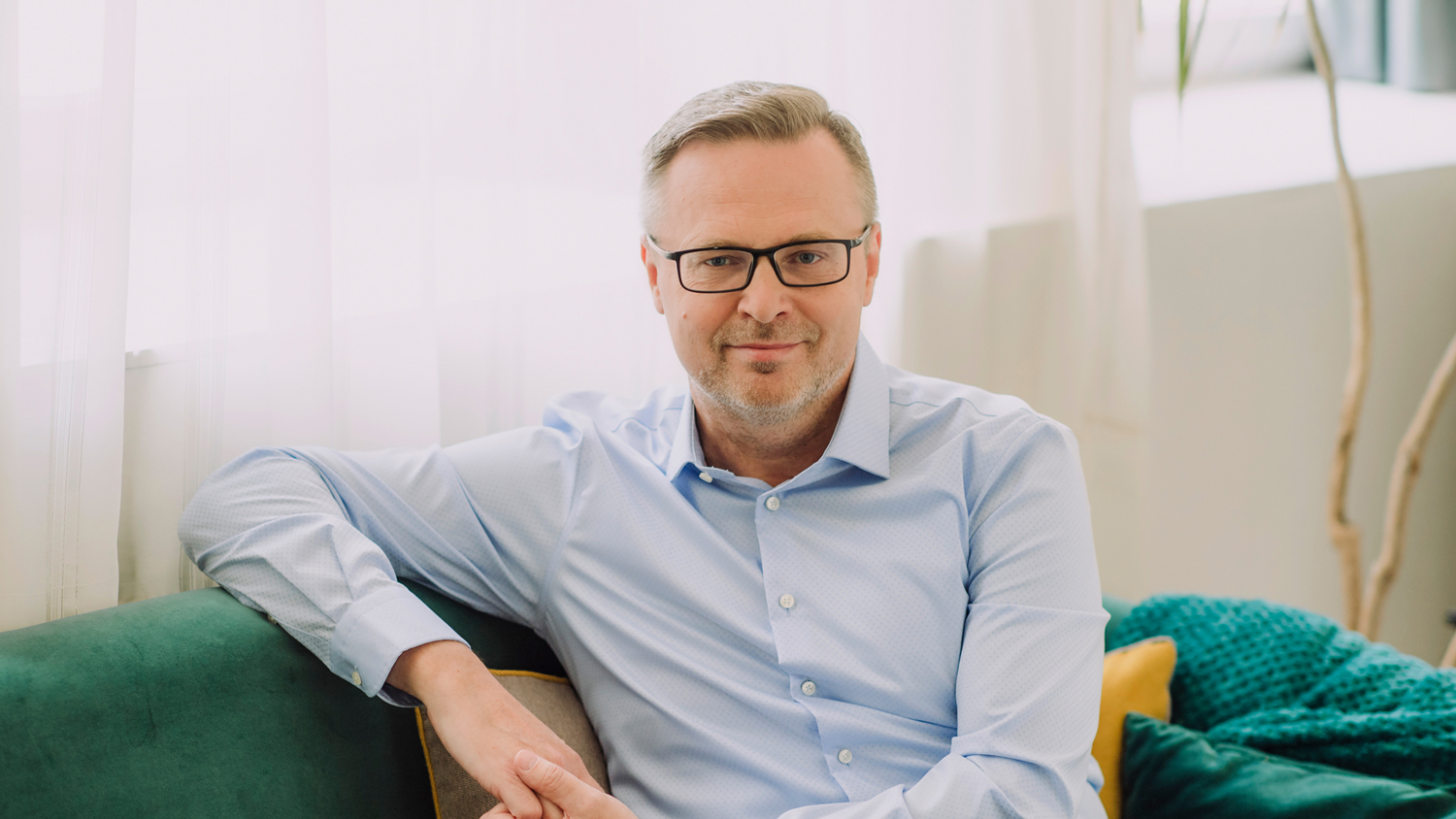“In Estonian work culture, the pursuit of results is overemphasized, without an agreement being reached regarding their meaning and content,” says occupational psychologist and supervisor Taimi Elenurm. Maintaining the quality of life tends to take a backseat when organizing labor relations, but this is one of the important cornerstones of a sustainable work culture.
Elenurm interprets a sustainable work culture as a continuous search, how to sift out of changes what to preserve and keep permanent, what to develop out of the existing themes and do a little differently than before, what to let go of instead and what to accept as inevitable. According to her, a sustainable work culture includes operating in a permanently good environment and the desire to continue to do good work together with our people.
As a mediator and problem solver of the working relationships, Elenurm points out three types of stories that have become more frequent recently. Firstly, confrontation in the style of “my right versus your right”, secondly, the perfectionistic pursuit of results (“goals must be achieved at any cost and regardless of changed circumstances”), and thirdly, silent retreat, giving up and self-cancellation caused by hopelessness. “In all these stories there are hidden traps that destroy a sustainable work culture,” says Elenurm.
For example, confrontation leads to clashes with other people who have different desires. “Disagreements are normal and welcome, but unfortunately they cannot be dealt with in a way that ensures care and harmony. Instead of joint work, the parties focus on keeping their faces and belittling each other, which is why the desire to listen to the other party’s opinion and find a useful way out of it, to take into account his own limits, diminishes. Belief in the benevolence and reasonableness of the other party’s intentions decreases (although these attitudes are the two main foundations of working relationships),” she gives an example.
Elenurm states that consideration of resources and awareness of risks have been insignificant in work organizations, and this has led to a decrease in well-being at work and an increase in mental disturbance.
What do employees and employers expect?
According to Elenurme, employees expect care, consideration, appreciation listening, and support even when life has become difficult for a person. “In other words, we expect not only the highlighting of success and the promotion of a culture of achievement, but the application of knowledge about adaptability and recovery skills so that no one is left behind, thrown out of the common space, or canceled,” she explains.
Employers’ expectations are traditional and eternal: that the work is done properly, those promises are kept, that the agreements of the employment relationship are fulfilled (even if they were not completely acceptable or understandable) and that changes are accepted. “Expectations may be opposite, but cooperation requires the desire to take a step closer to the other party, to approach the situation from her position, and consider her resources and limitations. In addition, it is necessary to notice the will and the wisdom to take into account other party’s needs and rights, accompanying risks, and vulnerability in addition to one’s own needs and rights. It is like a couple’s dance, one version of which has been described, for example, by Mihkel Mutt, characterizing President Lennart Meri’s style of dealing with the dialectical time and era,” explains Elenurm.
Work culture revolution
The theme of this year’s Entrepreneurship Week is “Time to change course!”. We are also looking for a change of course, or even a radical change, in the current work culture. Elenurm’s thoughts on this topic can also be heard on the Impact Day’s Inspirational Stage on October 6 from 11:20 to 11:55, where Elenurm and hospitality & self-management trainer Rain Tunger will take the stage as part of Entrepreneurship Week to talk about “Sustainable work culture – niche or normality?”.
Elenurm believes that perhaps slowing down progress could be in order to reach deeper and the most important aspects of one’s life. In practical life, this means sharing and having deeper communication than before. Training accompanied by entertainment and shared relaxation, as well as coffee corner conversations or one-on-one conversations to release tense feelings, are not enough in a world that amplifies anxiety.
“Two work practices could be used much more than before: clarifying long-term plans & mutual expectations and agreeing on responsibility based on everyone’s competencies, obligations, and will. It is not enough to state one’s own and everyone’s needs and to express feelings related to them, but one should also take responsibility for how to interpret what he/she hears,” she believes. Selective screening of positive shades could be used more (instead of expressing feelings and defining a partner, labeling or reminding of old things). For example, saying: “It is what it is, good and bad both exist, they are also parts of working life. I can leave the bad behind and move on to the good. I can choose the one that preserves sustainability and helps move forward together”.




